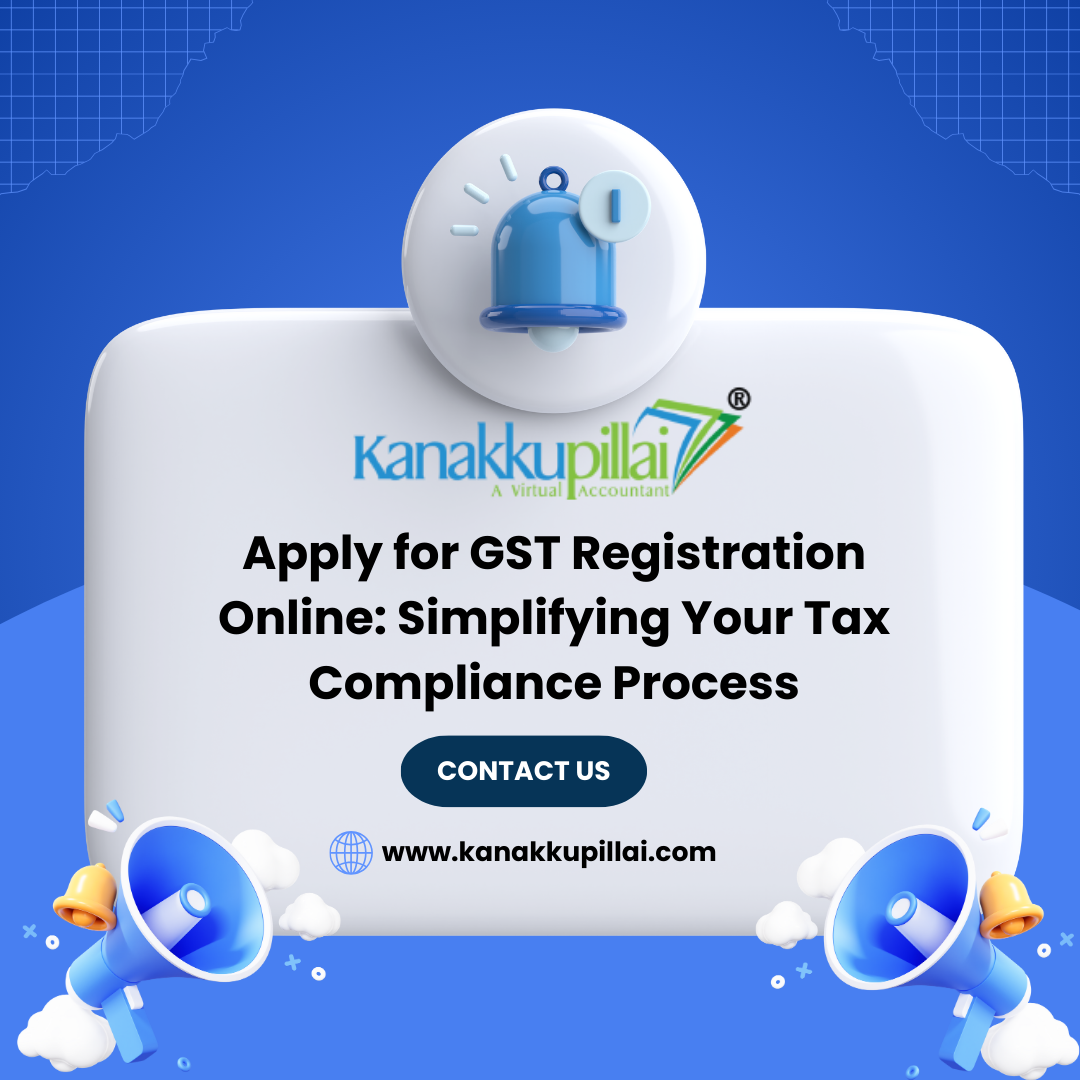GST Registration in Chennai: A Comprehensive Guide
GST, or Goods and Services Tax, has transformed India's tax structure by unifying various indirect taxes under a single umbrella. If you're a business owner in Chennai, understanding the process and benefits of GST registration in Chennai is crucial for compliance and seamless operations.
What is GST Registration?
GST registration is mandatory for businesses in India whose turnover exceeds certain thresholds. It applies to manufacturers, traders, service providers, and anyone involved in the supply of goods or services. GST registration enables businesses to collect tax from customers, claim input tax credits on purchases, and comply with legal requirements.
Who Needs GST Registration in Chennai?
In Chennai, as elsewhere in India, GST registration is required under the following conditions:
- Mandatory Registration:
- Businesses with an aggregate turnover exceeding Rs. 40 lakhs (Rs. 10 lakhs for particular category states, including Tamil Nadu) must register for GST in a financial year.
- Voluntary Registration:
- Businesses below the turnover threshold can opt for voluntary registration to avail of GST benefits.
- Special Cases:
- Certain businesses, such as e-commerce operators, agents, and non-resident taxable persons, must register for GST irrespective of turnover.
Benefits of GST Registration
Registering for GST in Chennai offers several advantages to businesses:
- Legal Recognition: GST registration legitimizes your business under Indian tax laws.
- Input Tax Credit: Registered businesses can claim credit for GST paid on purchases, reducing the overall tax liability.
- Interstate Sales: Simplifies compliance for businesses involved in interstate transactions.
- Competitive Edge: GST compliance enhances business credibility and facilitates smoother business operations.
How to Register for GST in Chennai?
The process of GST registration in Chennai involves the following steps:
- Online Application:
- Visit the GST portal (www.gst.gov.in) and complete the registration form (GST REG-01).
- Documentation:
- Prepare the required documents, including a PAN card, an Aadhaar card, proof of business registration, address proof, bank account statements, and photographs.
- Submission:
- Upload the documents on the GST portal and apply.
- Verification:
- The GST department will verify the application and may request additional documents or information.
- GSTIN Allocation:
- Upon successful verification, a GST Identification Number (GSTIN) will be issued to the applicant.
- Post Registration:
- Maintain compliance by filing regular GST returns and adhering to GST rules and regulations.
Conclusion
GST registration in Chennai is a fundamental requirement for businesses to operate legally and efficiently. It streamlines tax compliance, promotes transparency, and enables seamless business transactions nationwide. By understanding the process and benefits of GST registration, businesses can confidently navigate the regulatory landscape and focus on growth and development.





Comments